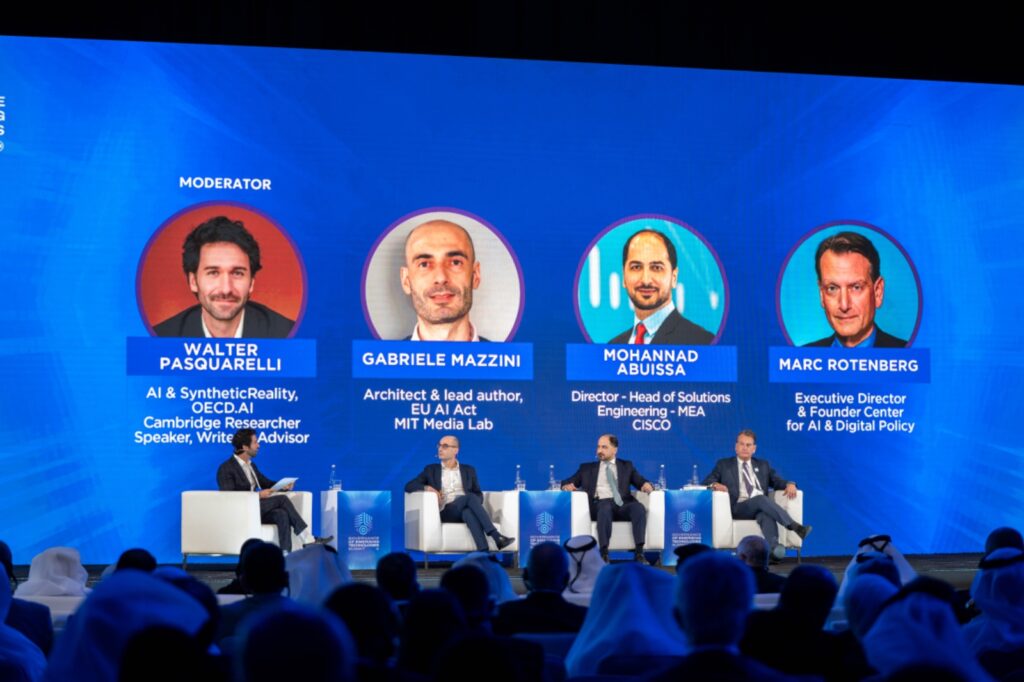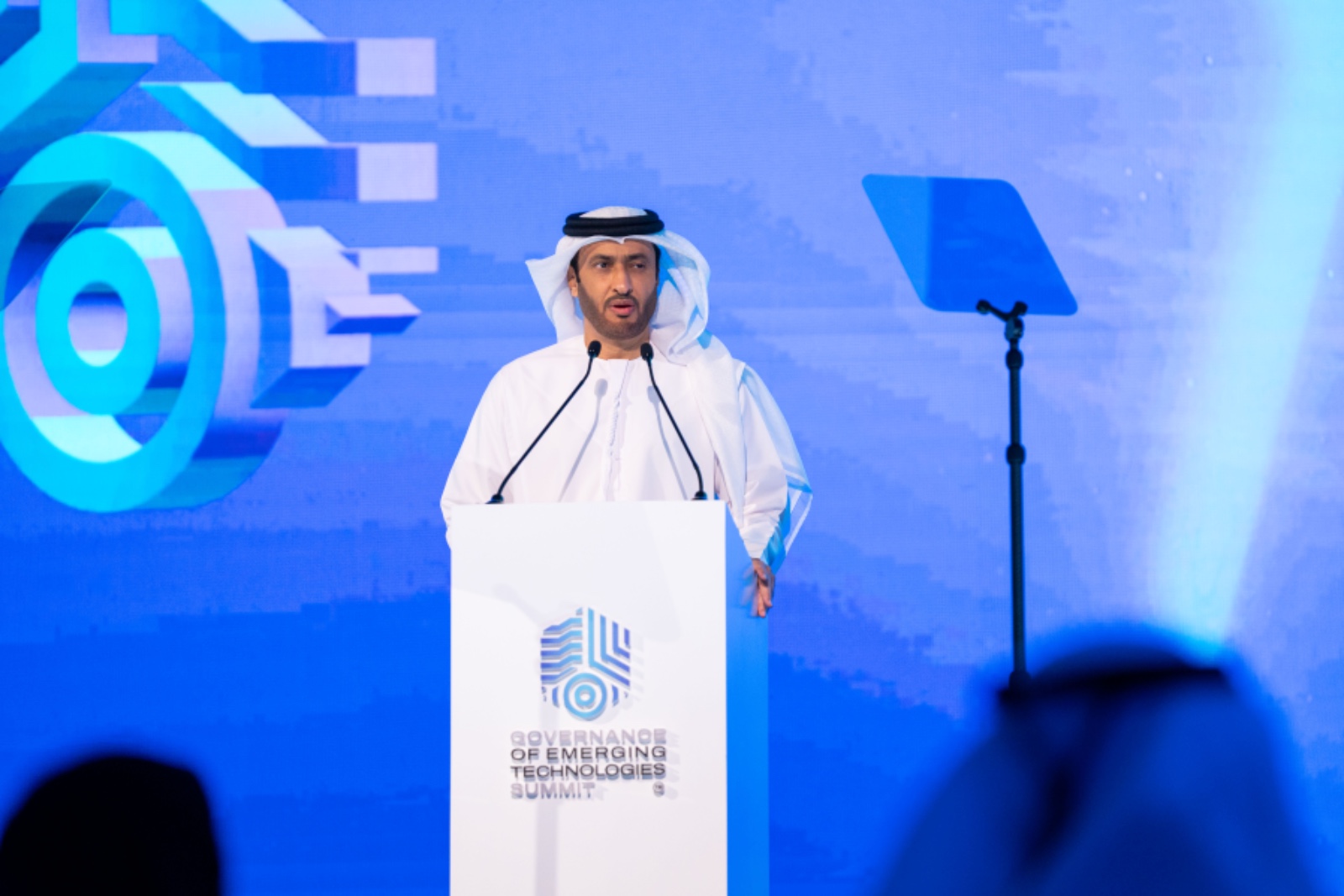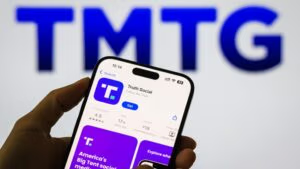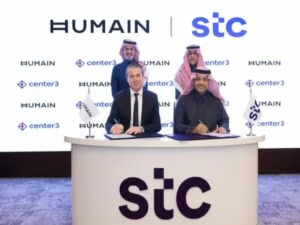- Governance of Emerging Technologies Summit 2025 Brings Together over 1,000 Technologists and Lawmakers to Progress Tech Governance Framework
- A Groundbreaking Platform Uniting Global Leaders in AI, Quantum Tech, and Cyber Governance
- UAE Public Prosecution Launches its Artificial Intelligence Strategy 2025–2030
The inaugural Governance of Emerging Technologies Summit (GETS 2025) was launched yesterday in Abu Dhabi under the esteemed patronage of His Highness Sheikh Mansour bin Zayed Al Nahyan, Vice President, Deputy Prime Minister, and Chairman of the Presidential Court. The Advanced Technology Research Council (ATRC) organized the landmark summit in strategic partnership with the UAE Public Prosecution. This first-of-its-kind regional gathering brings together policymakers, legal experts, technologists, and youth leaders to define the frameworks for responsible governance of advanced technologies.

The first day welcomed over 1,000 participants from more than 20 countries, including ministers, dignitaries, and high-level delegations from across the Arab world. Among them were the Attorney General of Qatar, the Attorney General of Egypt, and the Deputy Attorney General of Oman, joined by prominent judges, policymakers, and international thought leaders in law and technology.
The opening agenda tackled key issues shaping the digital future, including AI ethics, cross-border data governance, cybersecurity resilience, and post-quantum security. Featured keynote speakers included H.E. Chancellor Dr. Hamad Saif Al Shamsi, UAE Attorney General; H.E. Faisal Al Bannai, Advisor to the UAE President for Strategic Research and Advanced Technology and Secretary General of ATRC; H.E. Dr. Sultan Al Neyadi, Minister of State for Youth Affairs; H.E. Dr. Mohamed Al Kuwaiti, Head of UAE Cybersecurity Council; H.E. Maqsoud Kruse, Chairman of the National Human Rights Institution; H.E. Dr. Mohamed Obaid Al Kaabi, Head of the Sharjah Judicial Department; and Chancellor Salem Ali Al Zaabi, Head of Public Prosecution at the Office of the UAE Attorney General.
In his opening remarks, H.E. Dr. Hamad Saif Al Shamsi reaffirmed the UAE’s global leadership in advancing transparent, ethical, and accountable governance systems, rooted in human values. “Innovation without ethics is incomplete,” he noted, “and the future of emerging technologies must be guided not only by advancement, but by a higher purpose—serving humanity and society.”
During a high-level dialogue, H.E. Faisal Al Bannai said: “Tech organizations must take some responsibility for the technologies they release. It cannot be that they issue it and let society deal
with the consequences. This requires strong, ongoing collaboration between technology players and regulators.”
The summit hosted dynamic sessions on the critical role of youth in shaping digital governance, structural challenges of autonomous systems, digital rights protection, and the impact of AI on data privacy. Experts explored cyber risks tied to emerging technologies and emphasized the need for coordinated action among governments, technology developers, and society to build a fairer, more secure digital future.

In a key session titled “From Vision to Empowerment: The Roadmap to Justice 2030”, Chancellor Salem Ali Al Zaabi presented the UAE Public Prosecution’s Artificial Intelligence Strategy 2025–2030. He outlined its mission to position the Prosecution as a leading legal institution that embraces digital innovation and innovative governance. The strategy aims to enhance efficiency in the justice system, support decision-makers, and improve service quality, while upholding the highest ethical and legal standards. It represents a leap from digital systems to intelligent, predictive, and proactive judicial environments.
On day one, the summit, in collaboration with knowledge partner TRENDS Research & Advisory, issued global recommendations. These included calls for a global charter on human-AI interaction that integrates ethics and equity into innovation from the outset, empowering youth in shaping governance, prioritizing digital trust and cybersecurity as national imperatives, and balancing legal frameworks with technological advancement.
Post-quantum readiness and next-generation encryption were also discussed, with experts urging early data audits, encryption upgrades, and alignment with post-quantum standards. The summit spotlighted digital inclusion and linguistic equality in AI, advocating for increased investment in local datasets, digital literacy, and AI accessibility to bridge global and language divides.
Among notable sessions was a special dialogue with UAE-based cybersecurity firm Quantum Gate. Its CTO, Jan Hervemiz, stressed the need for governance to evolve with quantum computing and AI breakthroughs. “I am honored to be part of GETS 2025, where global industry leaders are shaping policy blueprints for secure, independent, and responsible digital infrastructure,” he stated.
The summit also featured participation from global entities such as Microsoft, ADNOC, Cisco, Huawei Cloud, and renowned research institutions, further highlighting the UAE’s growing status as a hub for equitable and future-oriented tech governance.






